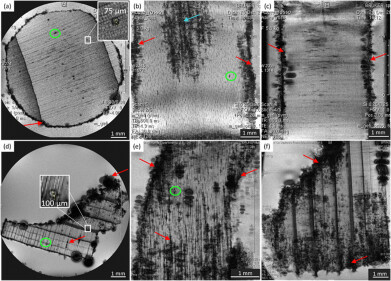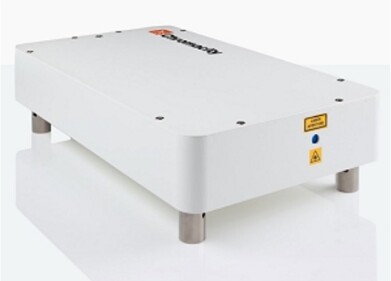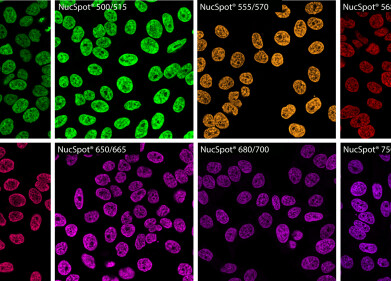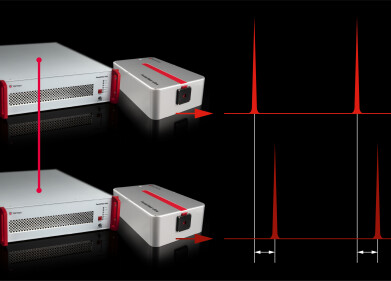Microscopy & Microtechniques
Temperature Controlled Stage Employed in Freeze Drying Characterisation
Feb 23 2012
The University of Iowa Pharmaceuticals (UIP) has been developing formulations, manufacturing products, and conducting analytical testing in compliance with current Good Manufacturing Practices (cGMPs) for over 30 years. The facility is the only one of its kind offering the range and scope of services needed by commercial clients. One area of interest is the understanding of lyophilisation processes. Key to this is the characterisation instrumentation from Biopharma Technology Limited. Two systems are in use: The Lyotherm 2 provides integrated Differential Thermal Analyser (DTA) and electrical impedance (Zsinφ) capability in a single instrument. The Lyotherm 2 is designed to measure glass transition (Tg'), eutectic (Teu) and melting (Tm) temperatures relevant to freeze-drying formulations.
The Lyostat 2 is a fully integrated freeze-drying microscope, which incorporates a Linkam THMS 600 cryo temperature stage. This enables critical events such as collapse and melting to be observed in situ, as well as characteristics such as skin or crust formation to be observed and identified. The coupled Lyostat 2 and Lyotherm 2 units provide valuable information for both formulation and cycle development processes. With UIP's in-house expertise in lyophilisation, this combination will allow quicker and more efficient development of lyophilisation cycles. The team is led by Professor Lee Kirsch of the College of Pharmacy. One of his team describes the main work with the Lyostat 2 system.
“We use the system to find out the collapse temperature for various clients freeze drying formulations.” Until the arrival of the Lyostat 2, determining the collapse temperature would take hours in the lab in an attempt to understand the critical temperatures needed to produce the best product. The ability to provide accurate thermal characterisation right down to -196°C significantly reduced the time and complexity in the process enabling scientists to determine these key temperatures and so create the best product quickly and simply.
Digital Edition
Lab Asia 31.6 Dec 2024
December 2024
Chromatography Articles - Sustainable chromatography: Embracing software for greener methods Mass Spectrometry & Spectroscopy Articles - Solving industry challenges for phosphorus containi...
View all digital editions
Events
Jan 22 2025 Tokyo, Japan
Jan 22 2025 Birmingham, UK
Jan 25 2025 San Diego, CA, USA
Jan 27 2025 Dubai, UAE
Jan 29 2025 Tokyo, Japan



















